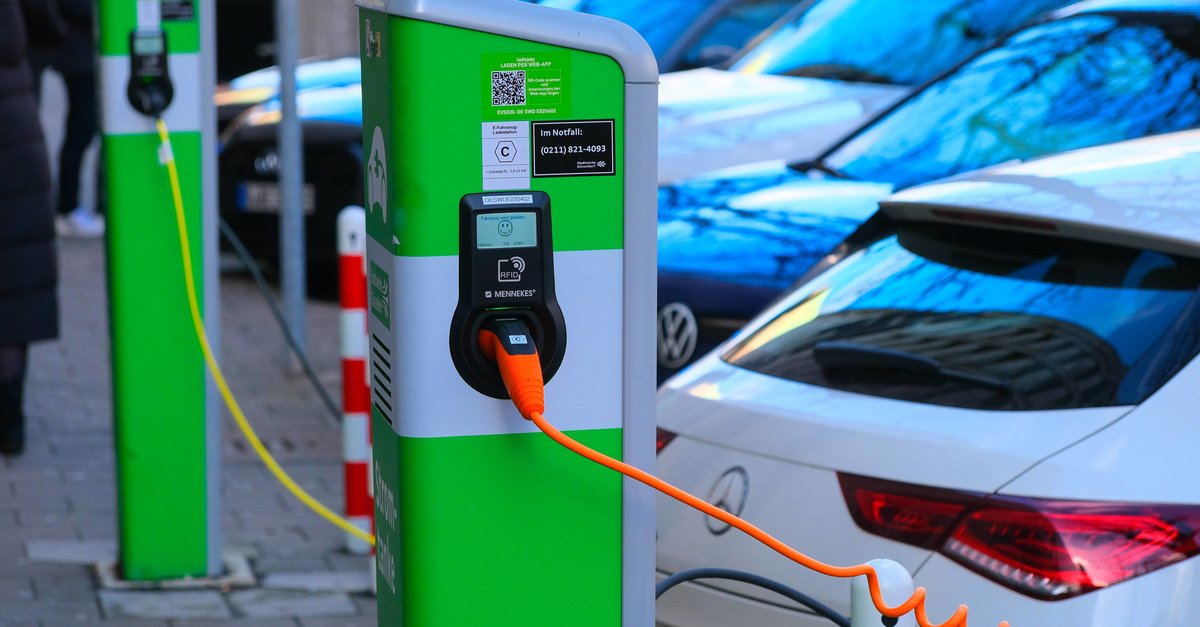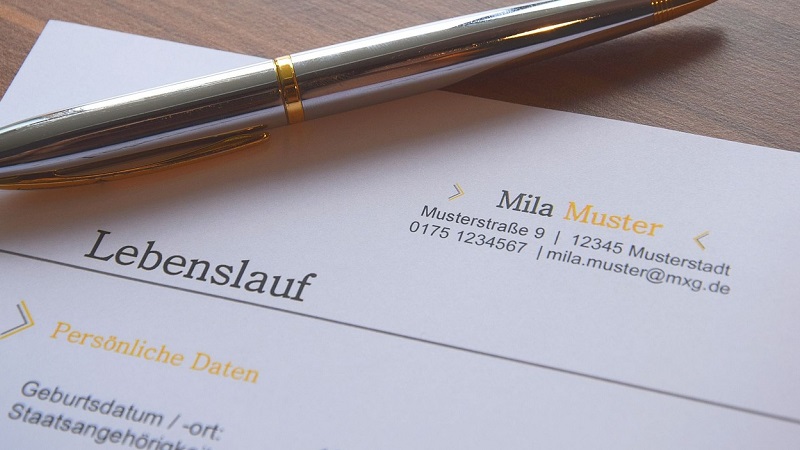E-cars hardly stand a chance in Germany
E-cars should be the future, replace combustion engines and thus contribute to climate protection – at least that’s the plan. But Germany is heading for an electric fiasco if you follow car expert Ferdinand Dudenhöffer. He gives the government an indictment for its handling of electric cars.
Autopapst: The ramp-up of electromobility is on the verge of the end
In order for e-cars to overtake their combustion engine counterparts, they have to convince customers. The best way to do this is through the price, which is why there is also the environmental bonus. However, subsidies for electric cars will be gradually restricted from 2023 and abolished by 2025 at the latest – or earlier if the money is used up faster. A mistake, says Ferdinand Dudenhöffer, director of the Center for Automotive Research.
There are several reasons for this: the prices of the raw materials needed for battery production have risen significantly, and demand is high. That worsens the chances of sufficient supplies, because batteries for electric cars are mainly produced in Asia. Dudenhöffer expects bottlenecks in the battery supply.
On top of that, there are rising electricity prices, while the looming economic recession will see the price of crude oil – and thus fuels – fall. So while the costs of e-cars and their operation are rising, they would soon fall for classic combustion engines. However, not every link in this chain is in German hands.
But there is another problem: “While the e-car is being pushed very hard in China and the USA with specially created programs, the budgets for the environmental bonus will be used up towards the end of the coming year,” says Dudenhöffer (source: Editorial network Germany). “All in all, then, for example a VW ID.3 will be around 10,000 euros more expensive than a comparable Golf with a petrol engine.”
The expert goes even further: If the development he outlined comes true, “we will ramp-up of e-cars in Germany in 2023 or 2024 at the latest.” In the next step, the expansion of the charging infrastructure would also be at risk.
Dudenhöffer’s reasons would reduce the previous cost advantage of e-cars:
Dudenhöffer: E-cars are still the best alternative
Nevertheless, Dudenhöffer believes in the electric car: Electromobility will be slowed down and stalled in Germany, but will not fail. “I consider battery-electric drives to be unrivaled in the passenger car sector. It would be “downright stupid if you were to rely on other technologies,” says the car pope.



